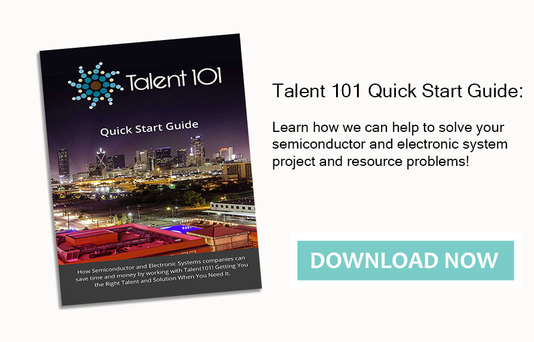Ian C. MacMillan, an innovation and entrepreneurship professor at Wharton, says “For most companies, corporate social responsibility (CSR) is PR. It looks good. It sounds good. It’s the ‘right’ thing to do— and it gets the media out of their face.”
While this may seem like a cynical view of corporate social responsibility initiatives, the fact is that many companies have recently jumped on the CSR bandwagon. But adopting and deeply committing to social responsibility as a company can do more than just keep your business out of the news and away from scandal. It can strengthen key relationships that are crucial to the success your business. 
Employee engagement
Having a reputation as a company committed to sustainability and ethical standards helps companies recruit top talent. Employees like to know that their company is doing good in the world. In a survey conducted by Net Impact, 53% of workers identified “a job where I can make a difference” as important to their career happiness. Of all workers surveyed, 35% said they’d take a pay cut to work at a company committed to social responsibility.
But CSR doesn’t only involve monitoring your environmental impact or ethically sourcing materials. It also means a commitment to employee safety on the job. A string of major accidents and injuries can demoralize workers and create a public relations nightmare, in addition to the legal implications.
For an example of an effective employee protection statement, look at Freescale Semiconductor’s standards published on their website: “Employee Protection: Commit to the prevention of work-related injuries and illnesses, and to maintaining a safe and healthy workplace to support our employees' work-life balance.”
This commitment seems to have worked for Freescale; they’ve been awarded OSHA’s Volunteer Protection Program (VPP) Star Status, which recognizes worksites with injury and illness rates well below national averages. Employees can feel safe, and the company is protected from the pitfalls of employee injury.
Supplier/buyer engagement
At the 2014 Consumer Electronics Show, Intel CEO Brian Krzanich announced that Intel was the first company to produce and ship only conflict-free microprocessors. This means that the minerals used to make their chips have not been sourced from mines that pass on profits to warlords.
Intel’s search for ethically-sourced metals presented challenges, but they remained committed. In the end, they were able to find solutions that allowed them to meet their supply needs without funding conflicts. “The minerals are important, but not as important as the lives of the people who work to get them,” Krzanich said.
Intel’s search for ethically-mined metals aligns with Apple’s commitment to social responsibility. According to Jeff Williams at Apple: “Apple employees are united in bringing equality, human rights, and respect for the environment to the deepest layers of our supply chain.” By holding themselves to a high standard, Intel has been able to maintain a strong supplier relationship with Apple; they supply chips for every Apple laptop and desktop computer being sold today. A shared commitment to human rights has contributed to a positive supplier-buyer relationship.
Customer engagement
Just like your own employees and your suppliers or buyers, consumers are more likely to engage positively with a company that takes its social responsibilities seriously. In fact, according to a Reputation Institute study of 47,000 consumers, 42% of how people feel about a company is based on their perceptions of the company’s social responsibility. A Nielsen study conducted last year shows that globally, 55% of consumers are willing to pay more for a product from a company committed to making a positive environmental and social impact.
Making public commitments to creating positive change in your community or in the global economy— and taking steps toward fulfilling those responsibilities— can be a great way to increase sales. But it can also be a great way to engage in positive interactions with your customers.
AMD’s head of corporate social responsibility, Tim Mohin, has taken the company’s messages beyond a PDF or a page on their website. For several years, he’s used Twitter and other channels to share insights and have conversations with the public about ways the company can continue to engage in ethical and sustainable practices. This allows the company to position themselves as leaders in socially responsible behavior.
By being proactive in determining your company’s social responsibility standards, you get to be the ones to set the high-water mark. Thoughtfully implementing standards can save you from having to scramble to fulfill new regulations as they crop up, or having to react to negative publicity after something has gone awry. Instead, you will have gotten ahead of the curve and found innovative ways to protect your employees, your relationships with suppliers and buyers, and your public perception, while also making a positive impact.



